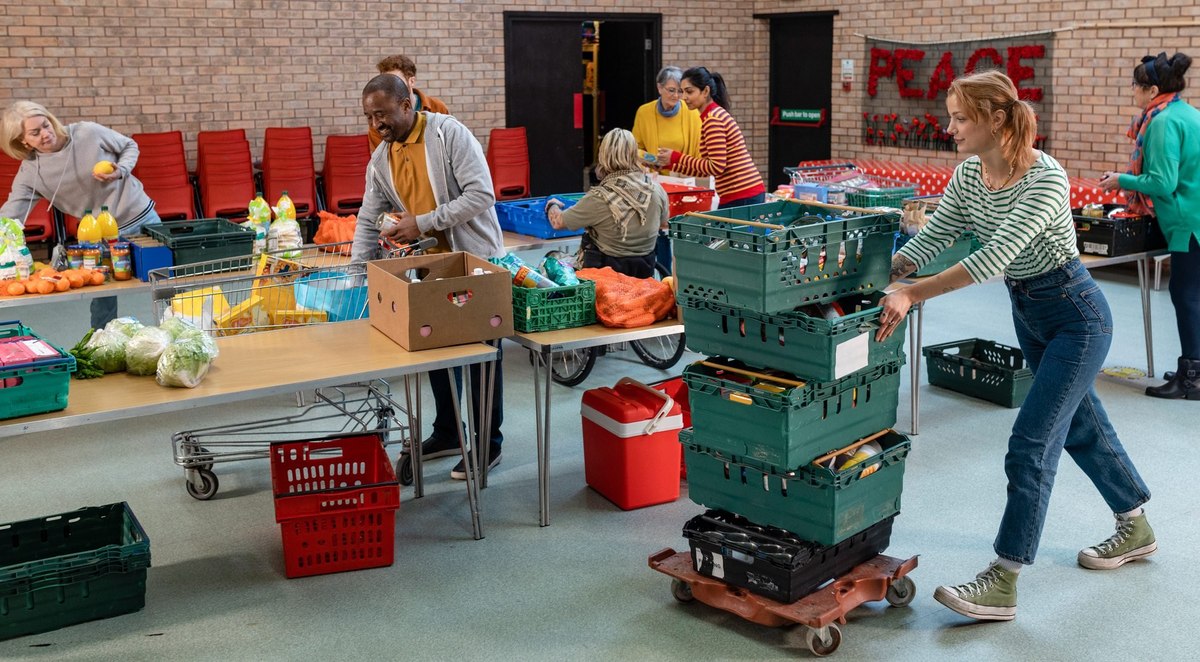
World Food Day: What are US consumers expecting from brands?
World Food Day, celebrated on October 16, has a global mission to raise awareness of hunger and help people move towards a sustainable food future.
To mark the occasion, we conducted a survey among US consumers to gauge their involvement in food-related initiatives, such as reducing food waste and supporting food banks, and understand their expectations from brands.
Data reveals that approximately 21% of all US adults very often participate in food-related initiatives, a percentage that holds steady across various age groups. Furthermore, 35% report engaging in these initiatives somewhat often. In contrast, 31% of all respondents admit to infrequent involvement, while 8% never participate in such actions.
Upon analyzing the data by age groups, disparities become evident. The 45-64 age group exhibits the highest level of participation, with 41% claiming they engage in activities like reducing food waste and supporting food banks somewhat often. Conversely, 18-29-year-olds are more inclined to admit infrequent involvement, with 37% stating they don't often contribute, compared to 27% who claim to participate somewhat often.
The data reveals that a brand's commitment to addressing global hunger and promoting healthy diets has varying degrees of influence on consumer purchase decisions. For roughly a third of consumers (32%) a brand’s commitment somewhat influences what they buy, while 16% say it influences them a lot. On the other hand, 26% of respondents say that it influences them “not much”, and 22% pick “not at all”.
When we delve into the differences by age groups, we find that younger consumers are most likely to be influenced "a lot" by a brand's commitment to these issues (16% of 18-29 and 17% of 30-44). Older US adults are notably more likely to state that it doesn't influence their decisions at all (35% of 65+).
What actions do consumers desire brands to undertake?
For those respondents whose purchase decisions are influenced a lot or somewhat by a brand's commitment, there are specific expectations. Roughly two-thirds believe that brands should collaborate with local food banks and community programs (67%). Around three in five feel they should participate in food rescue efforts to redistribute surplus food (60%), donate a percentage of profits to food-related charities or organizations (59%) and implement sustainable sourcing practices to reduce food waste (58%).
Additionally, supporting education and skill-building programs related to food and agriculture attracts the support of more than two-fifths of the respondents (46%). Collaborating with other brands to amplify their impact and partnering with NGOs to address food insecurity on a global scale follow, with around a third of respondents (33% and 32%) believing these actions will genuinely contribute to food security and positively impact society.
The data highlights an opportunity for brands to align their actions with the values held by consumers.
Explore our living data – for free
Discover more FMCG content here
Want to run your own research? Run a survey now
Make smarter business decisions with better intelligence. Understand exactly what your audience is thinking by leveraging our panel of 20 million+ members. Speak with us today.
Methodology: YouGov polled 1,000 US adults on October 13, 2023. The survey was carried out through YouGov Surveys: Self-serve. Data is weighted by age, gender, education level, region, and social grade. Results are nationally representative of adults in the United States. Learn more about YouGov Surveys: Self-serve.
Image: Getty Images